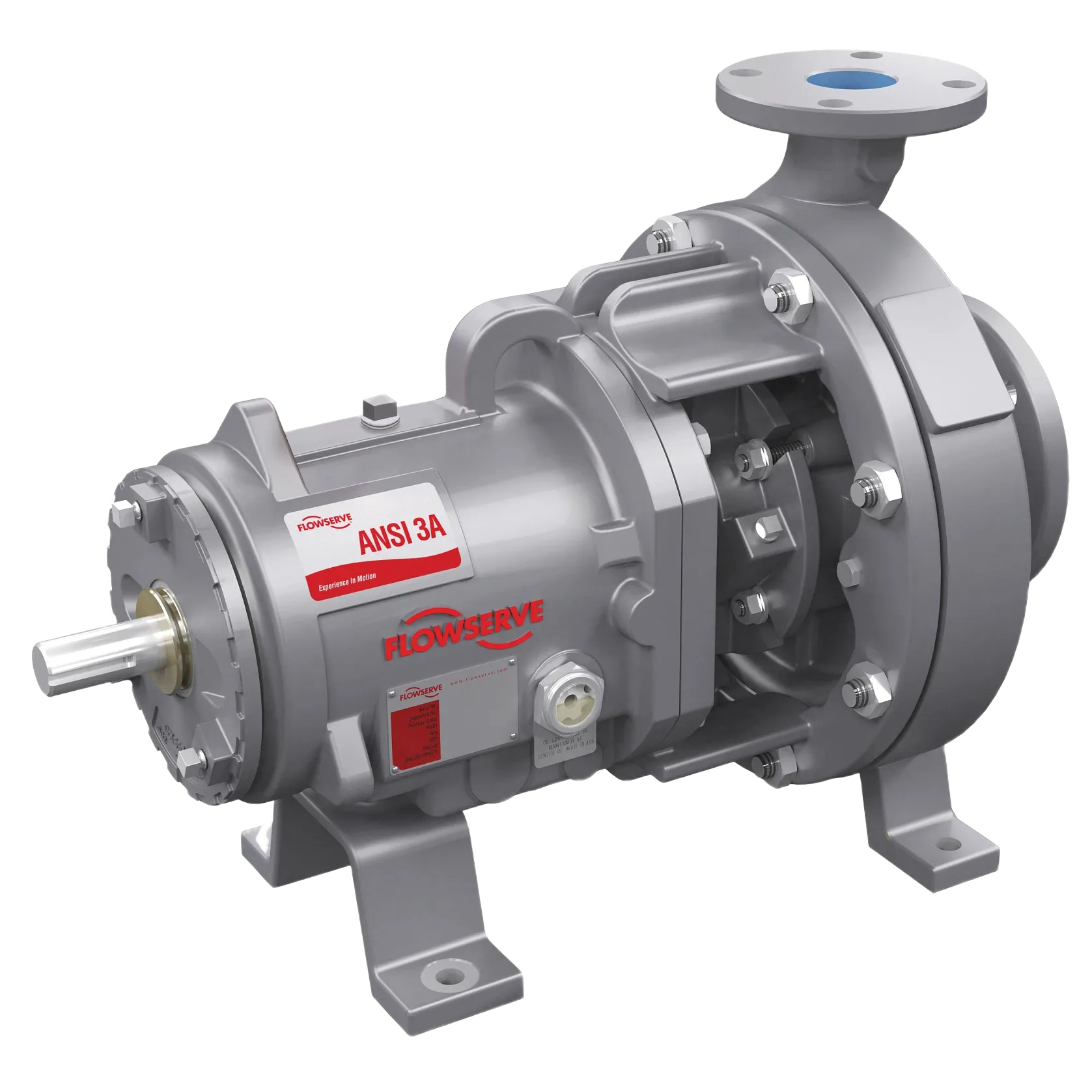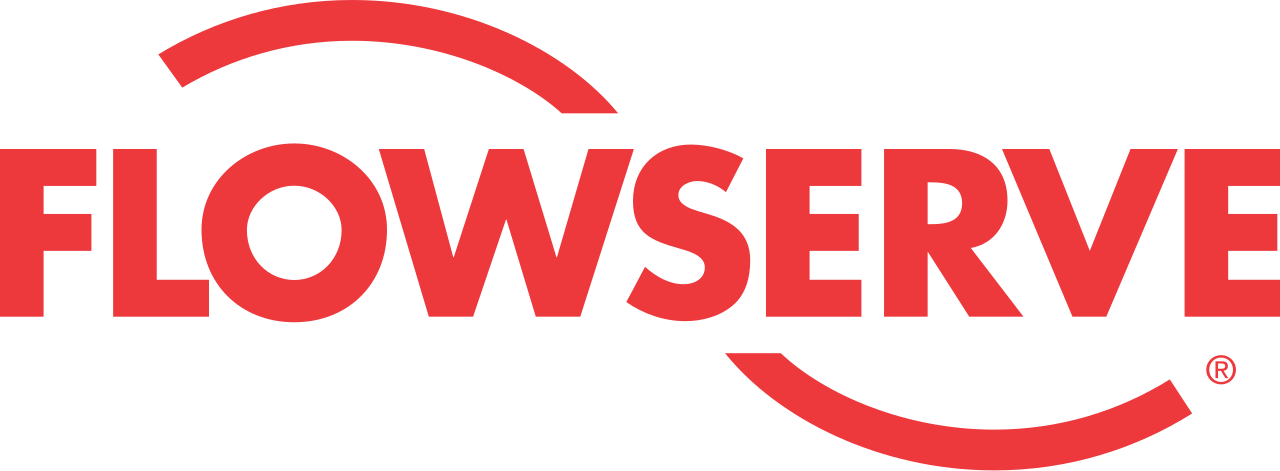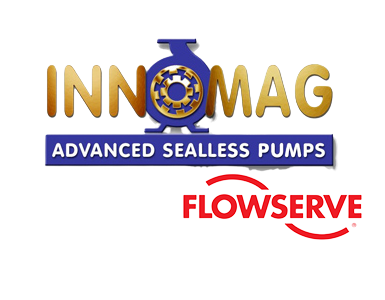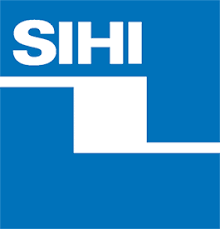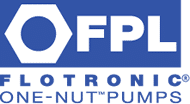CIP Skids
CIP Skids are an actual framework and mechanism of delivering the cleaning agents to the pipeline or tanks that are used in production by Pharmaceutical / Dairy / Food producers. The CIP stands for Clean In Place and the cleaning agents can be water, water with dosed detergent or chemicals such as Caustic/Acid or oils depending on the cleaning duties and end user duties.
- View All
- Actuation
- Chillers
- Heat Exchangers
- Instrumentation & Control
- Mechanical Seal
- Mixing Technology
- Other
- Process Equipment
- Pumps
- Sight Glasses
- Software
- Steam Systems
- Tank & Pipeline Ancillaries
- Tank Venting
- Valves
-
Tank & Pipeline AncillariesInoxpa
Inoxpa Sauce Production Skid
-
Tank & Pipeline AncillariesInoxpa
Inoxpa Dairy Manufacturing Miniplant
-
Tank & Pipeline AncillariesKelvion
K-SKID
What is involved in CIP Cleaning?
CIP cleaning is typically the preparation & delivery of cleaning agents. There is normally a rinse cycle followed by cleaning, detergent wash, disinfection, rinse and final rinse. The CIP skid will have a heating element for the water/ chemicals as elevated temperatures assist cleaning. Pipeline cleaning is normally based on providing sufficient velocity in the pipeline for the turbulent motion of the fluid to dislodge the particles of the residue that need to be removed. A guide is 1.5 ms-1 velocity which is then used in conjunction with the pipeline size to determine the size of the pump being used for the delivery of the chemicals.

The CIP skid can be either a single or multi-tank framework depending on the applications. The size and scale of them is related to the number of tanks & the amount of pipeline to be cleaned and whether it is in parallel or sequence. CIP skids normally contain a level of chemical dosing, a heating source such as heat exchanger and control panel/valves/pumps for the distribution of the chemicals.
CIP systems firstly ensure levels of hygiene between production batches & that each new batch/product run does not have carry over & cause contamination. An effective CIP system will reduce the cost of cleaning the pipeline / tanks when coupled with efficient cleaning spray heads.
The actual cleaning of tanks is typically via static or rotating spray balls which Flexachem also can provide & offer a recommended selection for. The cleaning of pipelines is mainly through the velocity of the liquid and turbulence generated in the pipe.
What is a modular process skid design?
Modular process skid design is taking a full system and segmenting it into parts that can be independently worked on and then integrated at a later point in sequence.
What is a portable CIP System?
Portable CIP systems enable clients to move the skid to differing areas of the plant and have most of the elements of a main skid – tank, heating & pumps. The 500 litre unit from Inoxpa will typically enable the cleaning of tanks up to 3000 litres depending on the spray nozzle used. Portable CIP systems give clients greater flexibility for the production cleaning requirements of the client.

What are the main differences between a CIP skid pharmaceutical vs a CIP skid for dairy?
The functionality would mainly be the same, but the chemicals used for cleaning and the environment that they may be operating will differ. Pharmaceutical skids often operate in an ATEX environment (ATmosphere EXplosive) and the materials of construction may differ depending on the chemical cleaning. The CIP skids are typically SS316 in construction.
What is a filtration skid?
Filtration skids are used to remove particles from a main liquid as a form of purification. This could be for incoming water, pharmaceutical liquids etc. and depending on the filtration required, the appropriate filtration elements are installed. Theses can result in high pressures depending on the particle sizes that needed to be removed. The filtration mechanisms in liquid filtration include direct interception, inertial impaction, and retention by adsorption. These all combine in varying degrees to achieve particle removal.
What is meant by a skid package?
Consulting engineering houses often go to market on behalf of their clients with tender packages. These contain the technical specification for the equipment and performance parameters that the bidders need to adhere to in order to be consider technically compliant with the end user requirements. The package could be in the form of a User Requirement Specification (URS) or technical data sheet(s). They can range in complexity and cost from a few thousand to several million Euros.
What are the skid design standards?
Skid design standards are the engineering performance expectations of the equipment and materials of construction. This could include the rated operating temperature / pressure / metallurgy / pipe schedule etc.
What is an Ultra-filtration skid?
Filtration skids are used to remove particles from a main liquid as a form of purification. This could be for incoming water, pharmaceutical liquids etc. and depending on the filtration required, the appropriate filtration elements are installed. Ultra-filtration refers to the particle size that is being removed. Example – Micro filtration is 0.1 to 10 µm, Ultra filtration is 0.001 to 0.1 µm particle sizes, you can go smaller again with Nano filtration and Reverse Osmosis. Typical applications for Ultra filtration are for the removal of viruses etc, commonly used in the dairy sector for the manufacture of cheese.
What is a Heat Exchanger Skid?
In production, there are common applications for the heating or cooling of liquids and these are put through heat exchangers. This could be stand alone as a heat exchanger, such as the Kelvion range from Flexachem or could be skid mounted where there are valves & pumps to forward feed the liquid, or as a temperature control unit. Common duties are heating & cooling jackets.
What is a pump skid?
A pump skid is typically a framework supporting a pump that may require other ancillaries such as seal system. While a lot of pumps are base plate mounted, it may be that the pump has valves etc on the skid to enable transfer of the liquid to other services.
What is the difference between Process skids & CIP skids?
Process skids generally have a production solution and CIP skids are part of the cleaning regime the client will have
What is a dosing skid?
A very common practice in industry is the pH correction of a production batch or in the WWTP sector. A dosing skid is the mounting of dosing pumps that receive chemicals and dose them proportionally by control into the main pipeline or tank as appropriate.
Do you have questions or comments about receiving a quote, our products, solutions and services, and support? Contact us by filling out the form.
- Stephen White - Mob: 083 165 3830
- Michael Bradley (External) – Mob: 086 047 6178
- Ross O’Donovan – Tel: 021 461 7230
- Vicki McGrath – Tel: 021 461 7207
- Cathal Hannon- Tel: 021 461 7200
- Office - Tel: 021 461 7200

How can Flexachem help you?
Flexachem have globally installed partners that are able to deliver a wide number of process equipment skids that support all areas of production. Glass lined vessels, mixing technology, CIP skids, Powder blenders, Filter dryers, Condensers etc
Our globally installed partners include Inoxpa, Kelvion, 3V Tech Group, Flowserve, Cashco, Servinox to mention a few.
